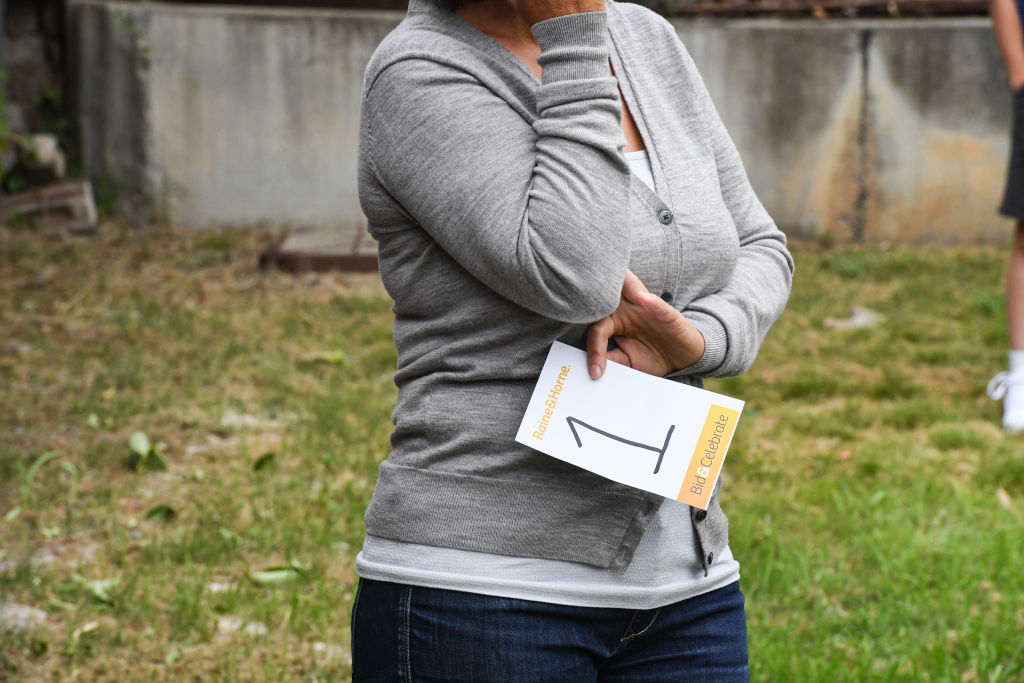Grief over missing out on property is real - and here's how to cope

You’ve just lost your dream home to a wealthier bidder at auction. The bank refused to lend you the little extra you needed to buy the apartment you’d set your heart on. The house you knew would suit you perfectly sold for $500,000 more than the agent said it would.
Suddenly, you’re overwhelmed by something that feels a lot like grief.
But, surely, that’s silly? An outpouring of grief is something that comes as the result of a family member dying, a lost job, a relationship break-up, an illness or an accident; not from something as prosaic as the housing market.
Psychotherapist Brandon Srot begs to differ. “It’s really important to acknowledge the grief that comes from the loss of that home you’d been hoping to buy and imagining yourself in,” he said. “That’s very real and you shouldn’t dismiss it as a first-world problem or inconsequential.
“There are multiple strands of loss here. There’s the actual missing out on the home, but there’s also the crushing of your anticipation of your hopes and dreams being fulfilled by the purchase. Maybe you’d pictured your family living there, or considered how you’d decorate a room, or planned where to put your furniture or seen yourself growing old in that space.
“To some people, a home is not just a place to live. It’s about security, stability, family, community and belonging. So that loss can be very traumatic.”
It’s a sad fact in today’s housing market that housing loss grief, or the FOMO variant, GOMO – Grief Over Missing Out – is afflicting many people. At a time when prices are rising so fast and so high, finance is tightening and demand dwarfs available supply, it’s inevitable that many will be disappointed.
And, not just once. It can be heartbreaking to miss out at auction, after auction, but still know there’s little alternative but to keep going.
A key factor, however, in developing the kind of resilience you need to push on, is acknowledging the sense of loss you feel each time, advises Mr Srot. That can be as simple as admitting to yourself how upset you are, or confiding in a friend, partner or family member what you’re going through.

“There’s no shame in the fact you mightn’t have had that extra $500,000,” he said. “But silence is the fuel of shame. So, it’s important to talk about it, to break down any feelings of shame or isolation. That can be freeing and sharing the load can make everything more manageable.
“Look after yourself, too. Take your time and don’t race too quickly onto the next property. Rest and recharge. Self-care might be good food or exercise or meditation, and reassure yourself that you’ll find something when the time is right.”
What makes it even harder, says the president of the Australian Psychological Society Tamara Cavenett, is that, for Australians, home-ownership is very closely tied to our ideas of success, happiness and a better standard of living.
Unlike large parts of the rest of the world, we don’t consider renting a home is any substitute. Therefore, failing to buy one is a mark of failure. “Grief comes when you have an expectation that isn’t met,” she said. “That can be quite a painful gap. You build your dreams around where you think you’ll be, and suddenly it hasn’t happened.
“You feel you can’t afford something that other people can. So, you compare yourself unfavourably. It’s incredibly hard as it’s the biggest purchase you’re ever going to make. But, don’t ruminate on what could have been and stay on that repetitive track. Feel your disappointment, but put it into perspective – a lot of people are in the same situation. And, concentrate, instead, what you can do from here.”
It can be helpful, suggests Ms Cavenett, if you adjust your dream. Think about renting until you can afford to raise more money to buy, or look at renting as an alternative to owning. Could you look for a home somewhere else, a street further back from the sea, or a “bridesmaid” suburb close by to the one you really want. Could you perhaps renovate a cheaper home, modify it or extend it?
“You really can build a happy life wherever you are,” she said. “A lot of people don’t buy the house that they’re dreaming of. They buy the house they can turn into the one they’re dreaming of.
“And, for most people, another home always comes up. It might not be exactly what you were looking for, but there are many things that make a great place to live, including neighbours, a great café on your street, a beautiful park.”
Still, that grief of loss is all too common. Clinical psychologist Arthur Stabolidis felt it himself when his finance wasn’t approved by his bank in time for the auction of the house he wanted to buy. “We had our heart set on it, and my wife even wanted to go to the auction to watch,” he said. “But why watch someone else, before our eyes, take our dream home?”
One tactic that can help, he says, is tempering your expectations beforehand, and resist idealising a particular property. Try then not to forge an emotional attachment as, even if you end up buying the home, it might push you into spending too much, or paying far more than it is worth.
It’s better to plan ahead for if you’re going to be disappointed, and work out your tactics for continuing your search in advance, so you’ll be prepared if the worst does happen.
“And, figure out, in a practical way, how you’re going to deal with any feelings of grief,” said Dr Stabolidis. “You can’t do that while you’re actually going through those emotions.”
We recommend
States
Capital Cities
Capital Cities - Rentals
Popular Areas
Allhomes
More
- © 2025, CoStar Group Inc.







